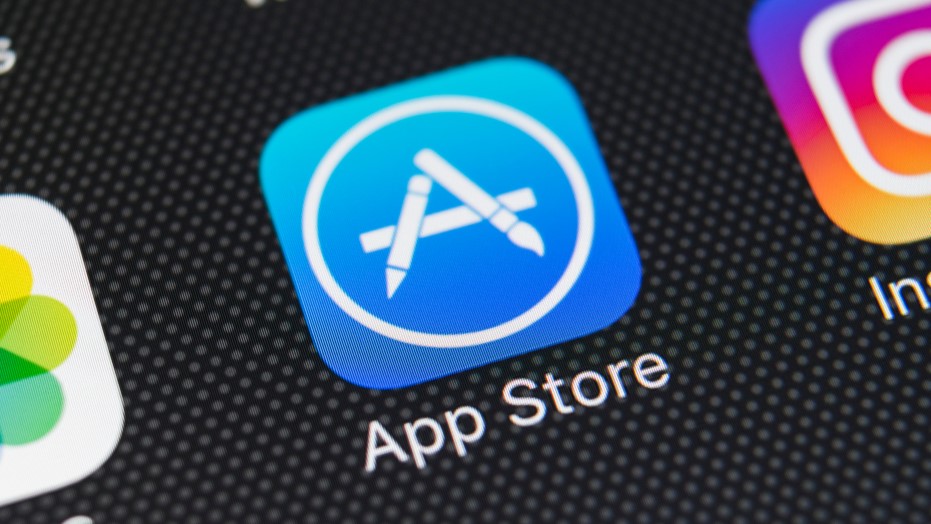Apple refuses to update ChatGPT-powered app over safety worries
Concerns over possible age-inappropriate AI content leave the app with a choice to make

Apple has reportedly delayed approval for an update to an email app that would make use of ChatGPT due to concerns there aren't enough safeguards to prevent inappropriate content from being served up to users or children.
The app in question is BlueMail, with the Wall Street Journal reporting Apple has denied approval of the latest update, which was set to add AI-powered email writing features. Apple was, and seemingly still is, concerned the AI tech would not filter out inappropriate content.
As a result, Apple has reportedly requested that BlueMail either add content filtering or restrict the app to those above 17 years old only. BlueMail, which is currently appealing the decision, insists the app has content filtering in place. In contrast, the AI-adding update is currently live and unrestricted on Android.
Comparatively, Bing’s ChatGPT powered search iOS app is rated for those 17 and over only. If all AI-powered apps were to receive adult-only age ratings this might make some developers think twice about adding such tools.
Apple does not claim to be anti-AI and has indeed embraced the technology with the likes of its Crash Detection feature. But with the OpenAI API coming in at a fraction of the price of previous developer tools (OpenAI claims the price has dropped 90% since December), this could be only the first in a host of similar disputes.
Should AI be for adults only?
While the likes of ChatGPT on the OpenAI website have restrictions against violent and inappropriate content and prompts, it is not foolproof. Knowing how to phrase a prompt correctly can produce workarounds. Both Microsoft’s Bing with ChatGPT and Google’s Bard AI have made high-profile errors and are very much works in progress.
So it is not hard to imagine children stumbling across inappropriate content. Search engines such as Google have “safe-search” modes (again not perfect) and perhaps a similar mode could go someway to protecting young eyes.
On the other hand, this is the age of the internet, children face similar risks whenever they go online and use search engines and social media. Some of these, such as TikTok, have an especially young audience and can be a cause for concern. To reduce the chance of them stumbling upon inappropriate content, parents should monitor their children’s online activity and educate them about safe practices.
More from Tom's Guide
Sign up to get the BEST of Tom's Guide direct to your inbox.
Get instant access to breaking news, the hottest reviews, great deals and helpful tips.
Andy is a freelance writer with a passion for streaming and VPNs. Based in the U.K., he originally cut his teeth at Tom's Guide as a Trainee Writer before moving to cover all things tech and streaming at T3. Outside of work, his passions are movies, football (soccer) and Formula 1. He is also something of an amateur screenwriter having studied creative writing at university.
